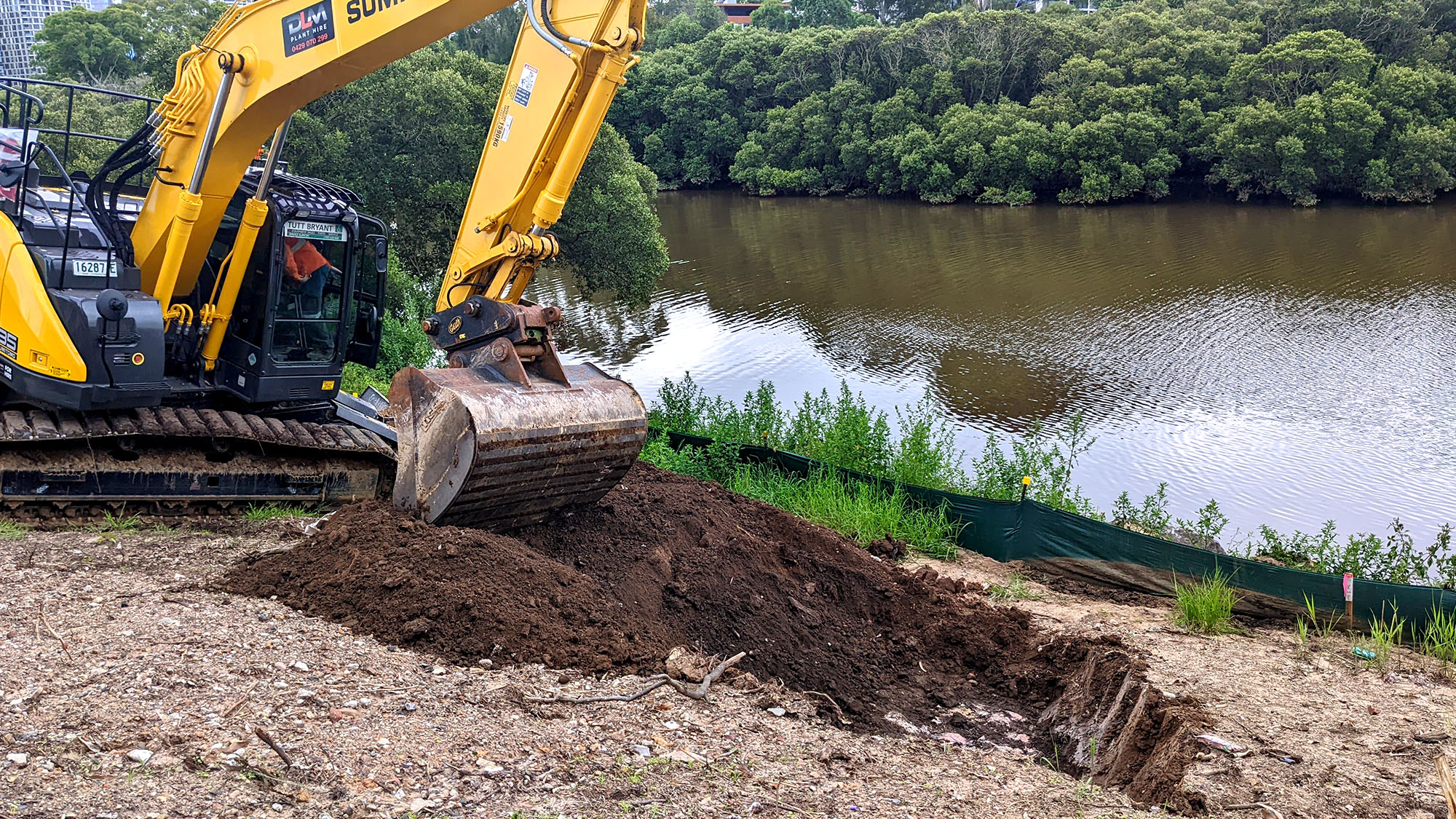- Poorly compacted soils can cause the road surface to become uneven and weaken the road’s foundation. This can lead to cracking, potholes, and other deformations on the surface of the road, as well as reducing the lifespan of the road.
- Poorly compacted soils can make road works more expensive and time consuming than they need to be. Poor compaction can result in a need for more material to be added and for the road to be re-compacted multiple times. This can add to the overall cost of the project and can extend the duration of the road works.
- Poorly compacted soils can lead to water and wind erosion of the road surface. This can cause further damage to the road, leading to the need for more frequent repairs and maintenance.
- Poorly compacted soils can also lead to increased traffic noise. When the road surface is uneven, vehicles create a higher level of noise as they travel over the road. This can be disruptive to nearby residents and businesses.
- Poorly compacted soils can also create a safety hazard for motorists and pedestrians. Uneven road surfaces can make it difficult for drivers to control their vehicles, and can create a risk of slipping or tripping for pedestrians.
Overall, poorly compacted soils can create a range of issues for road works projects, including increased costs, extended project duration, safety hazards, and environmental damage. It is important to ensure that soils are properly compacted during road works in order to avoid these issues.”
As of 12 July 2023. By Merlin AI chatbot

